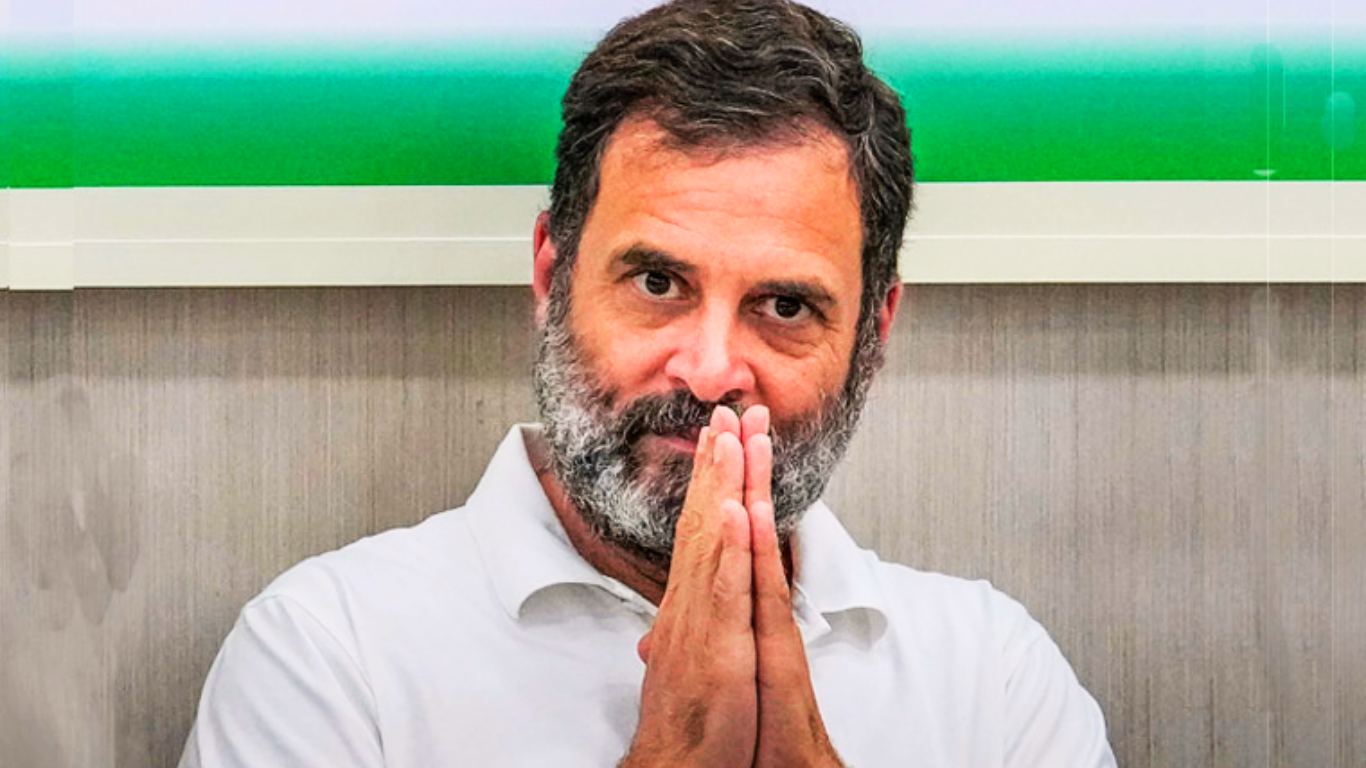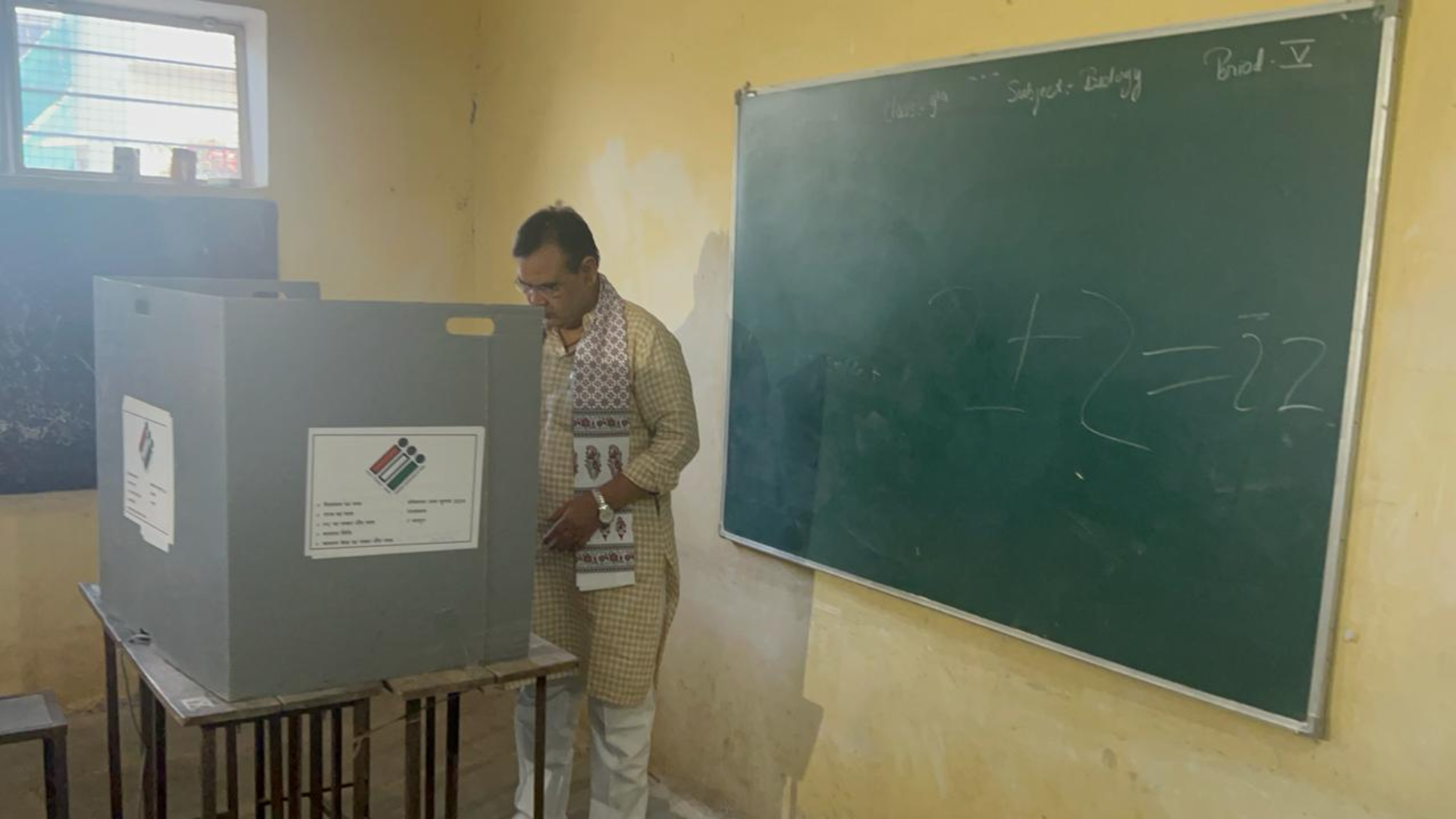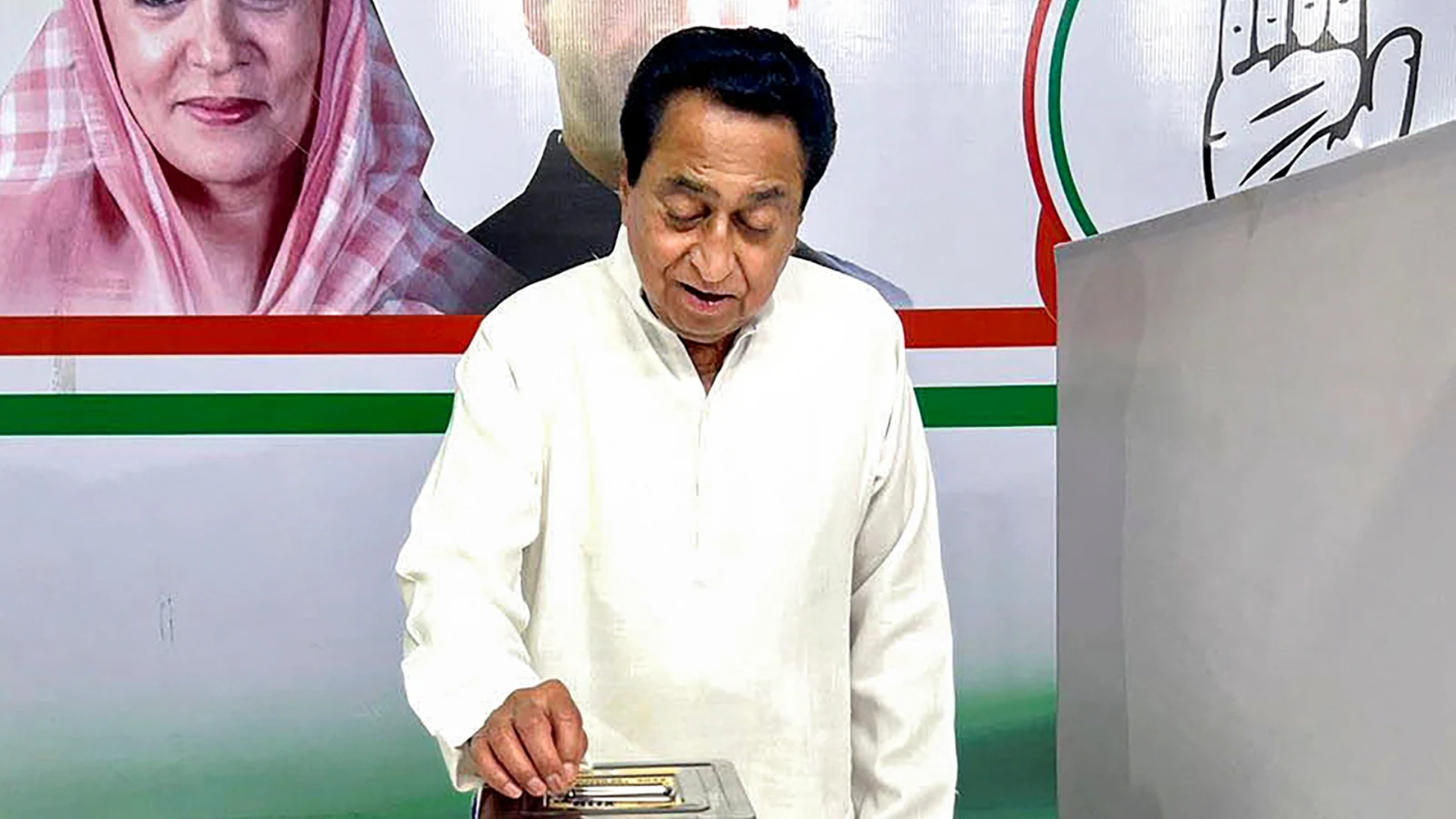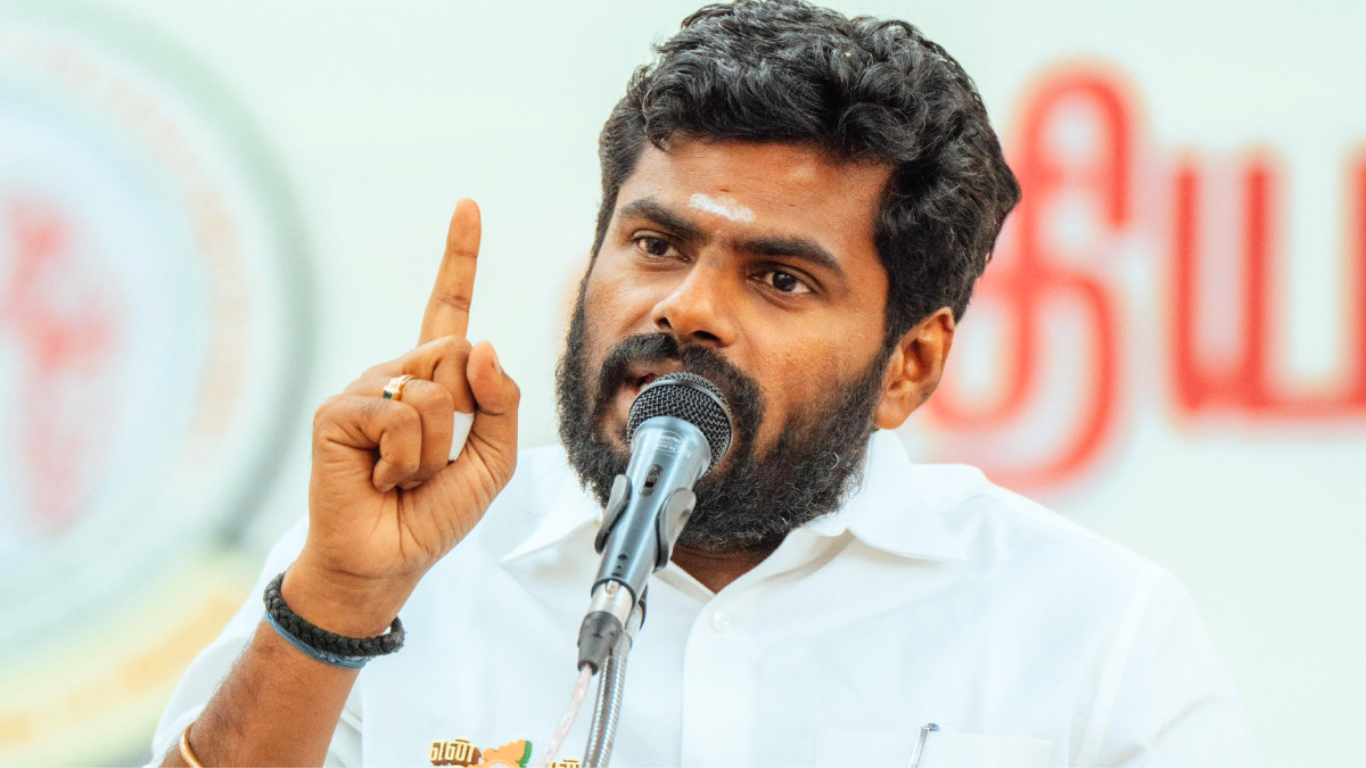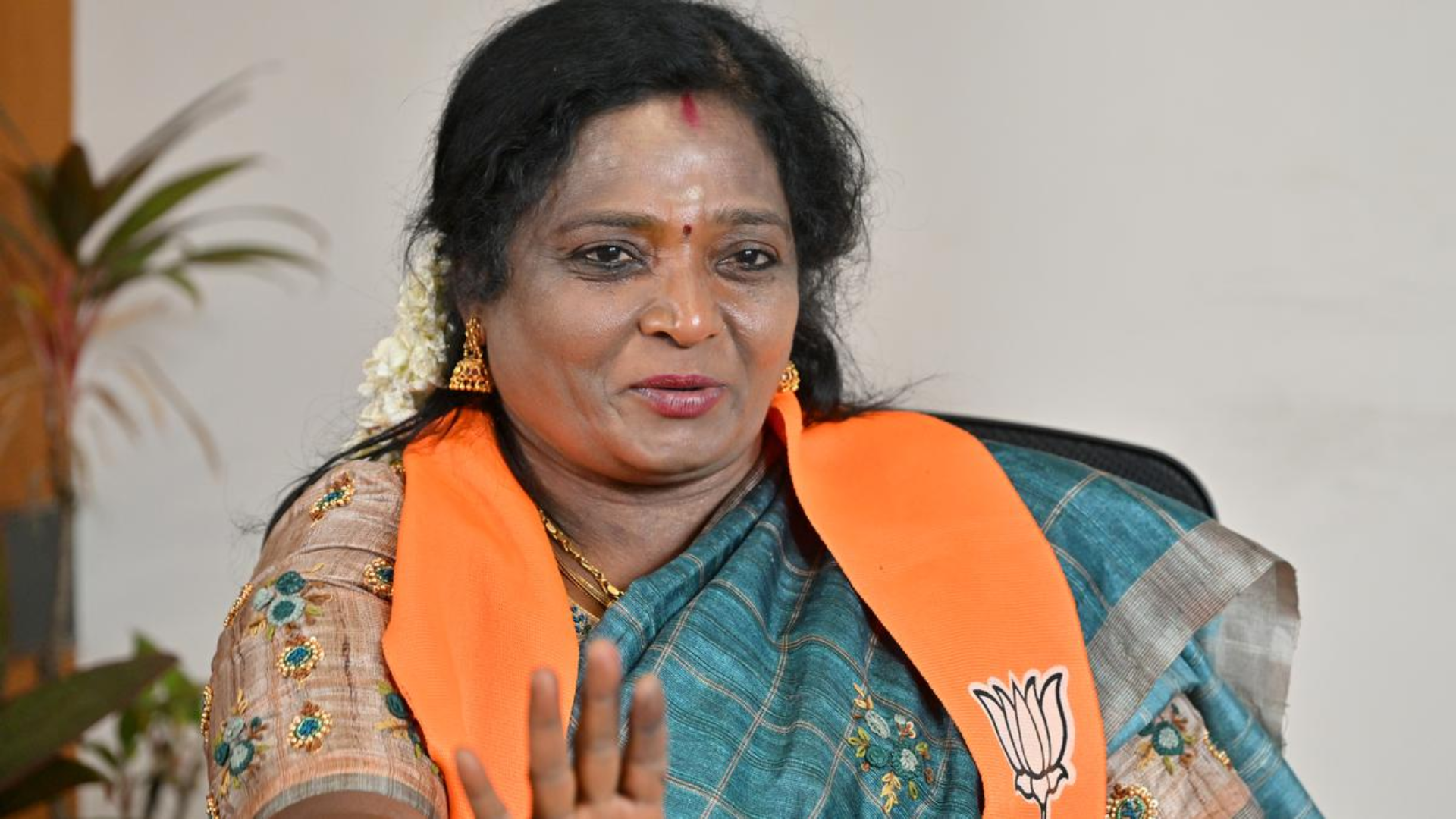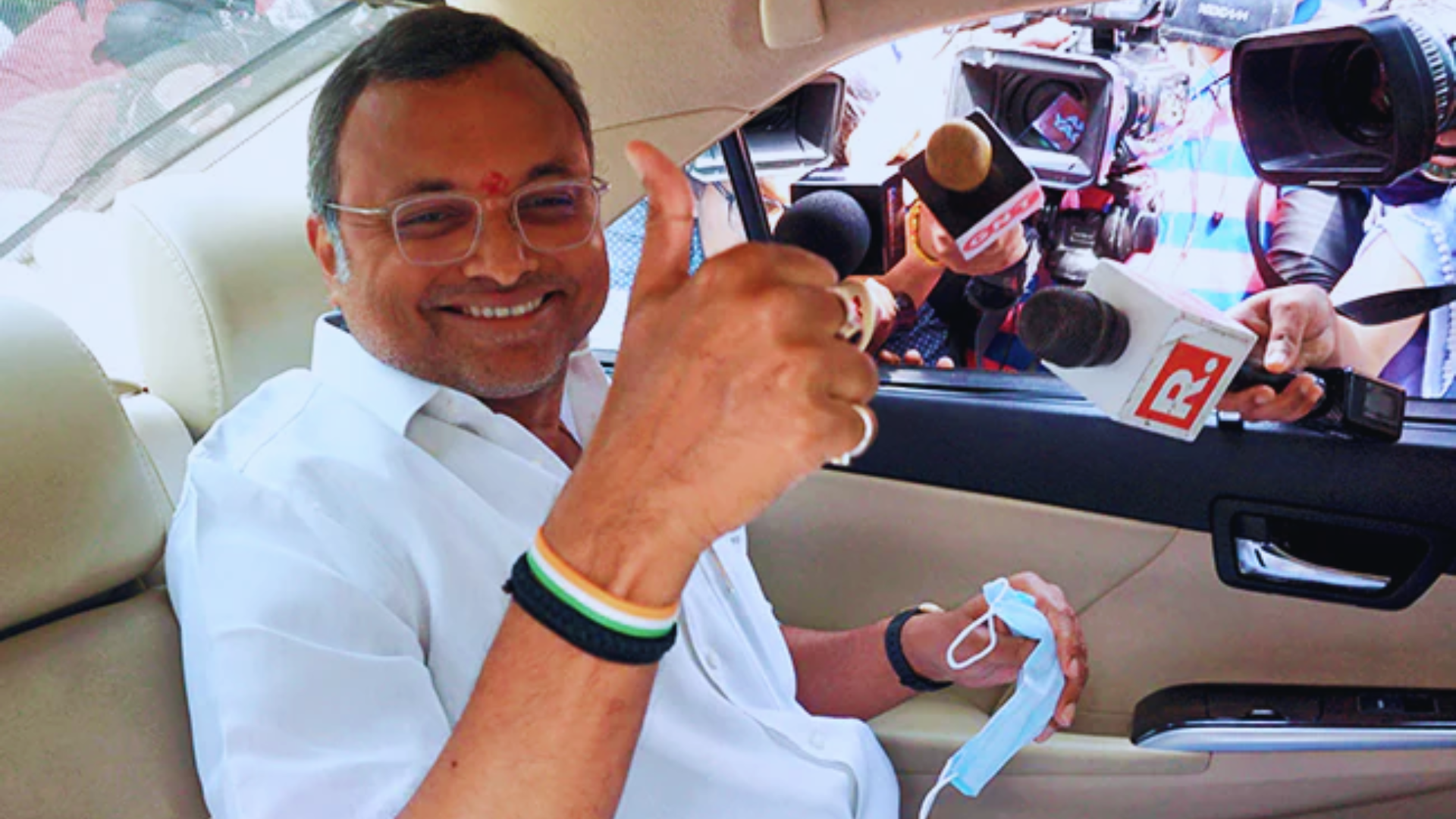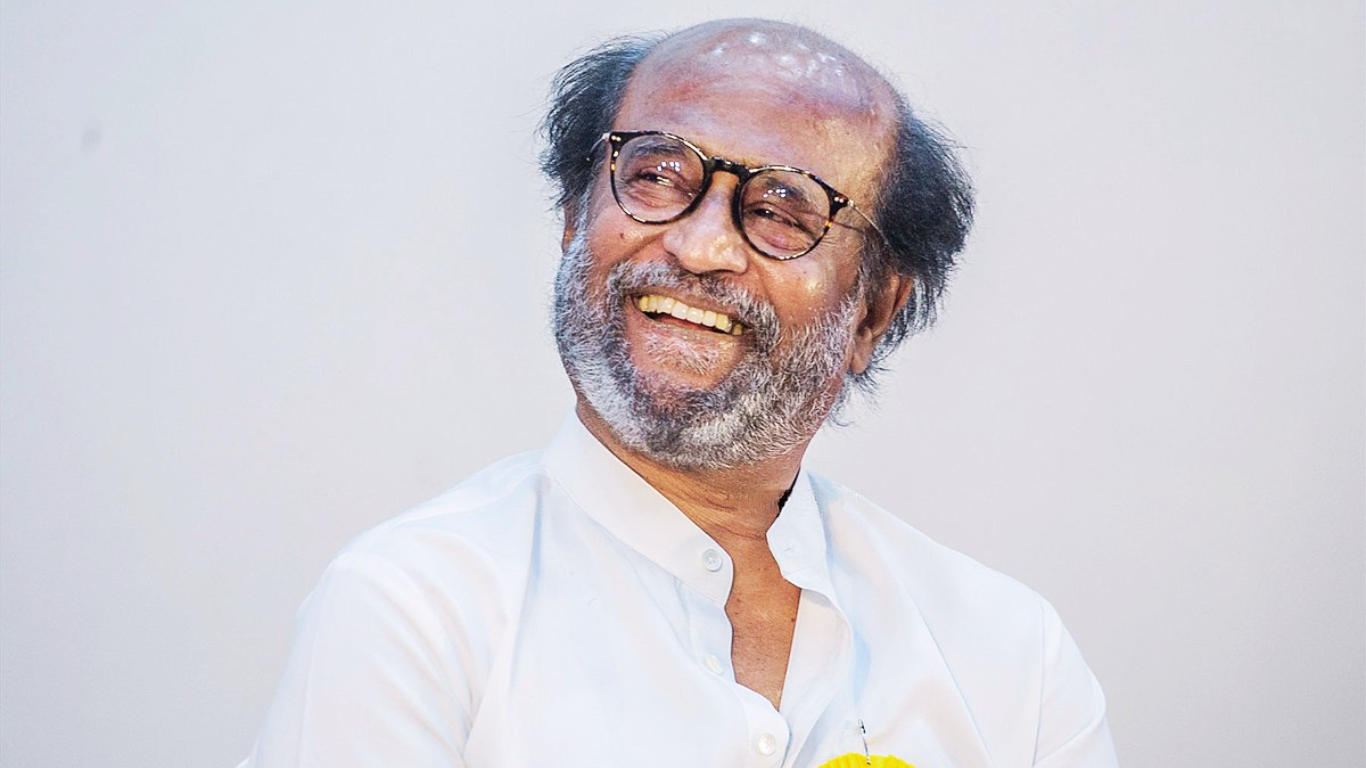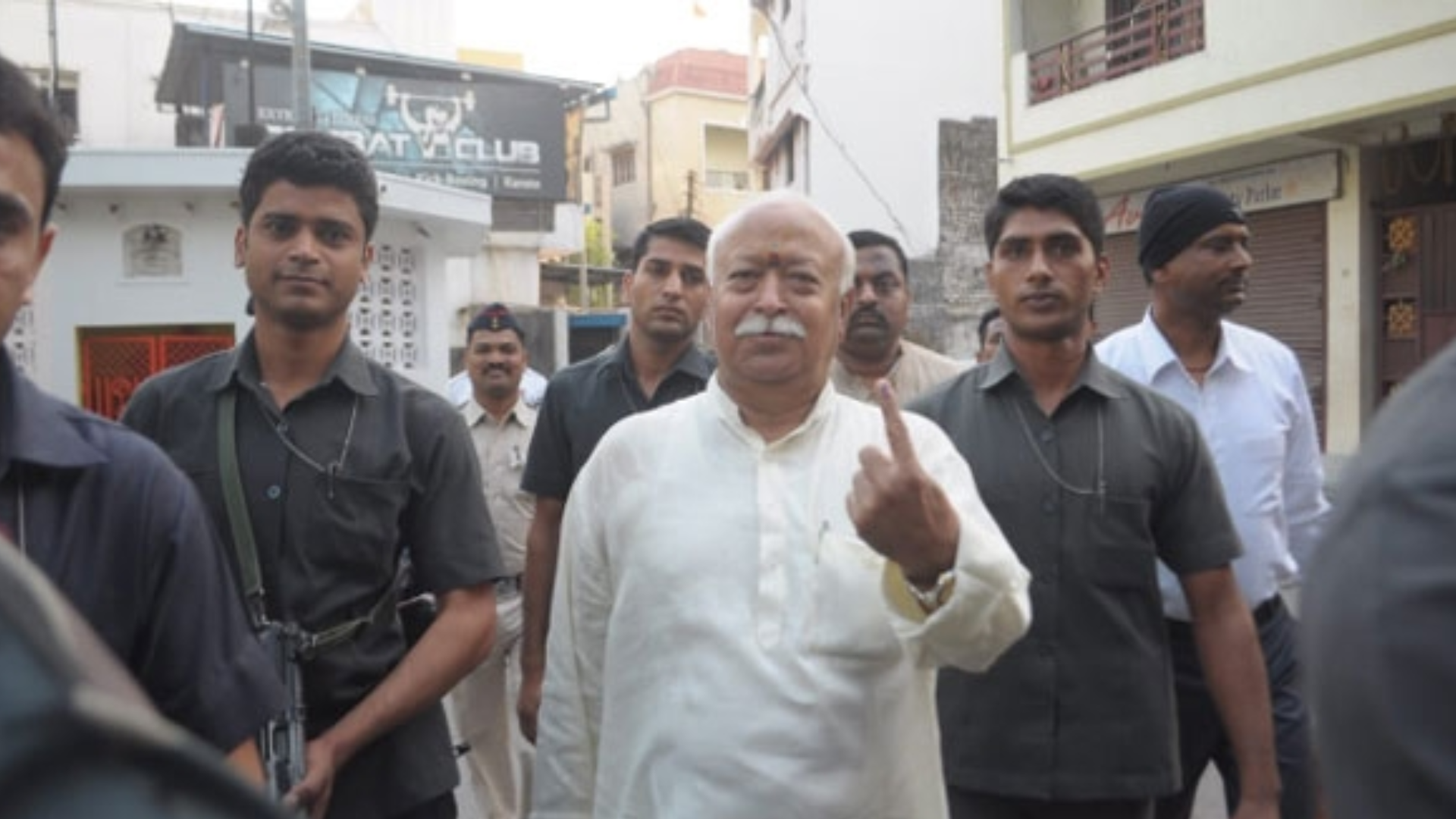


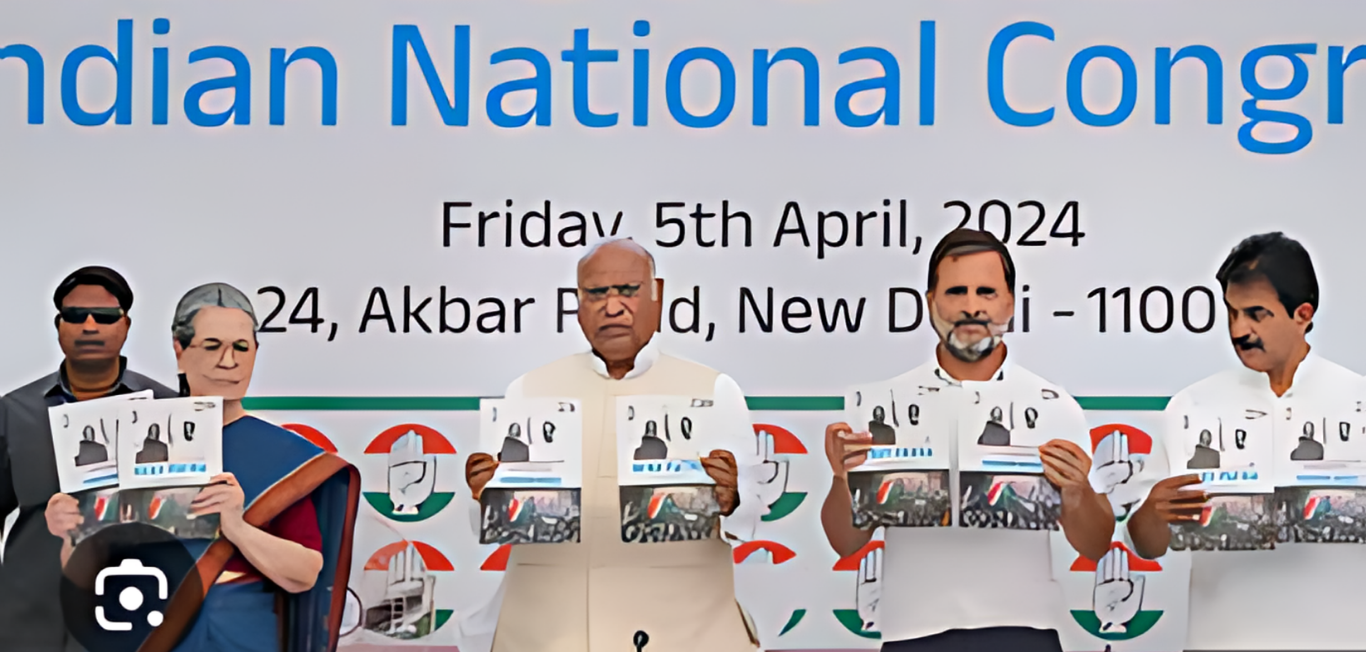
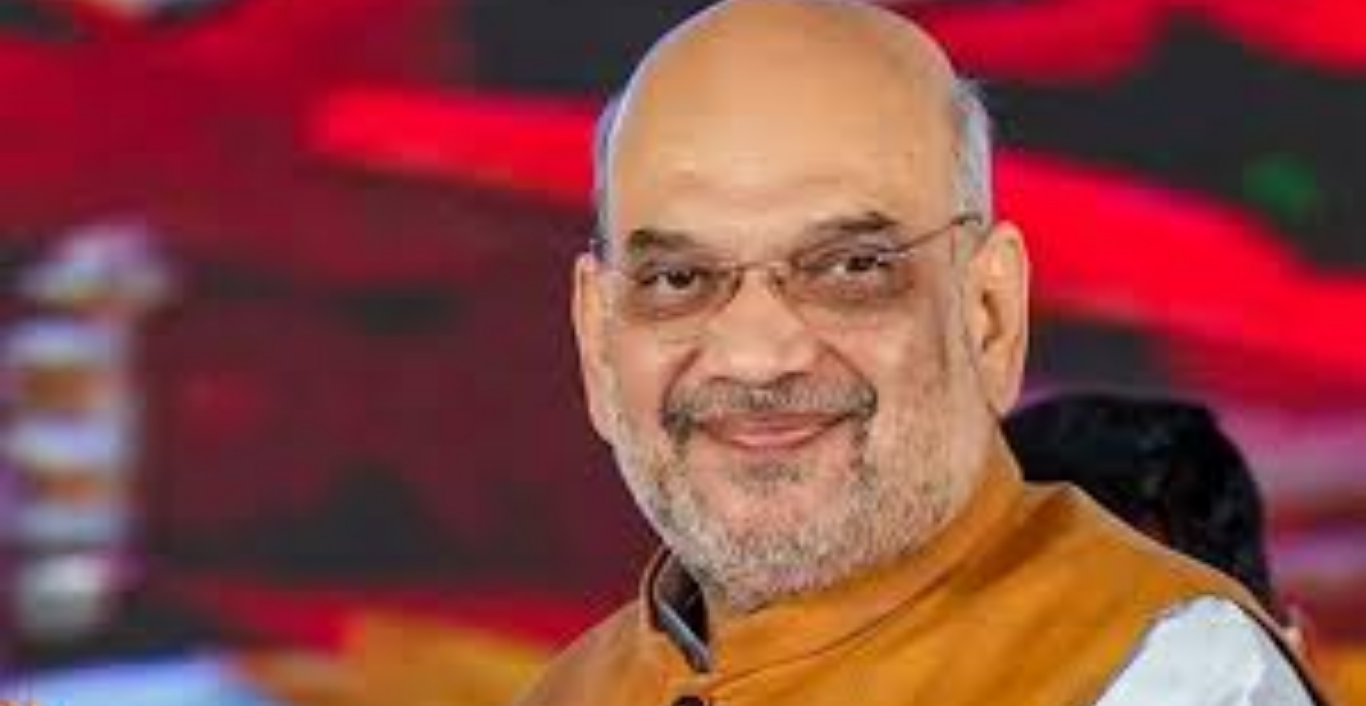
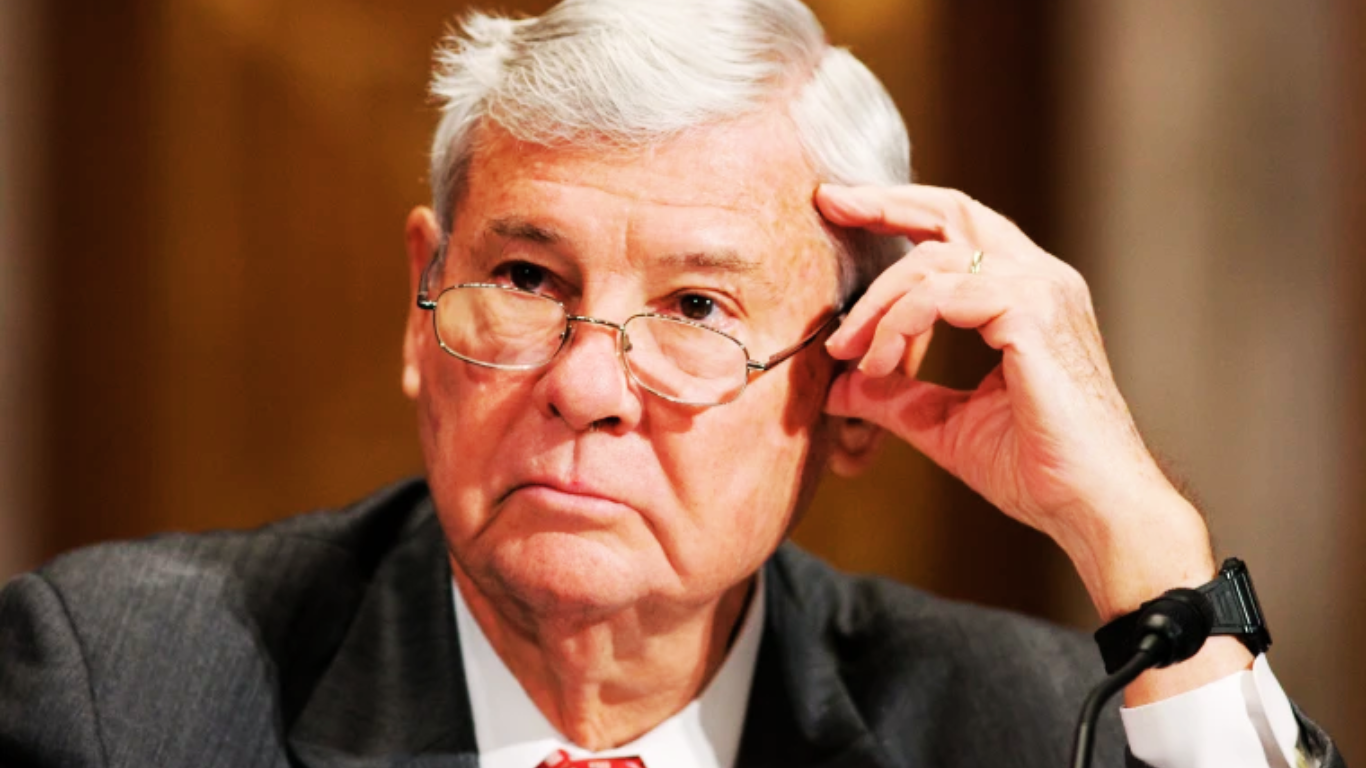
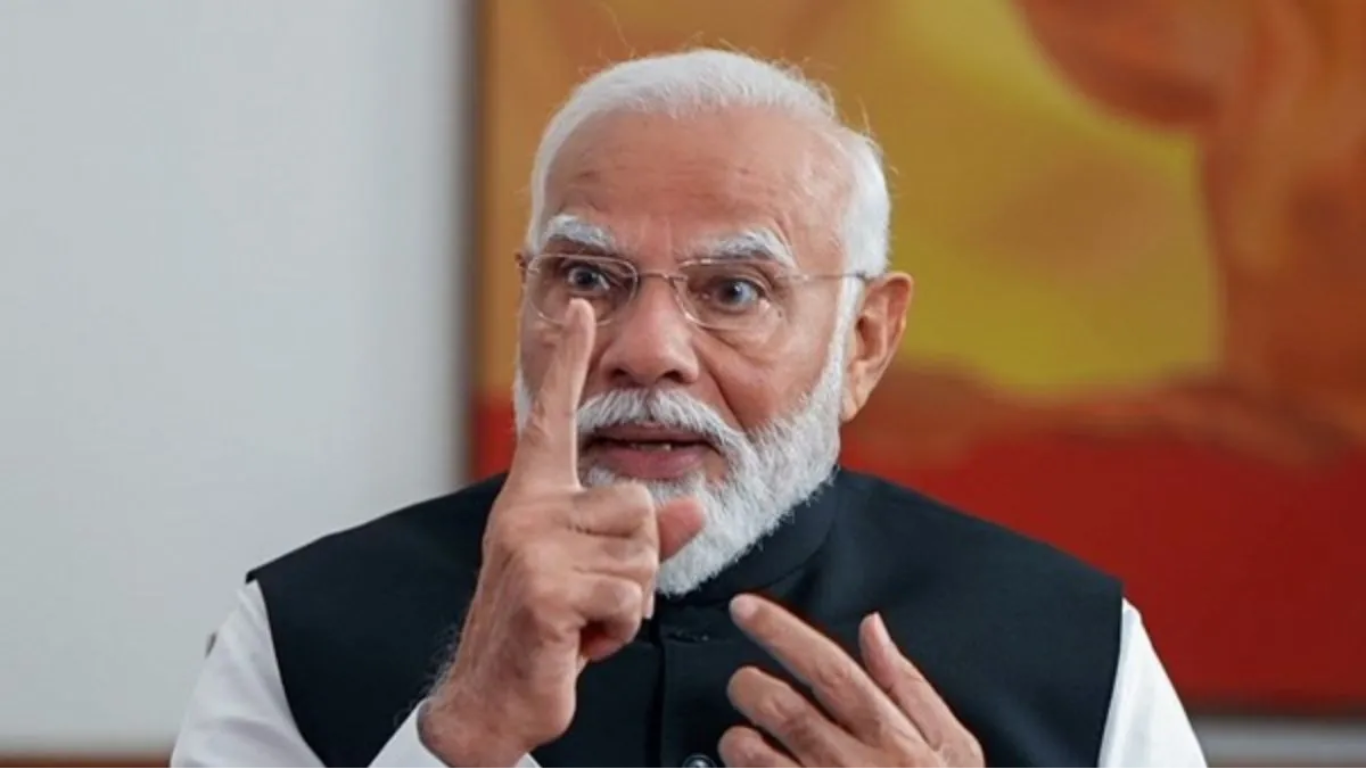



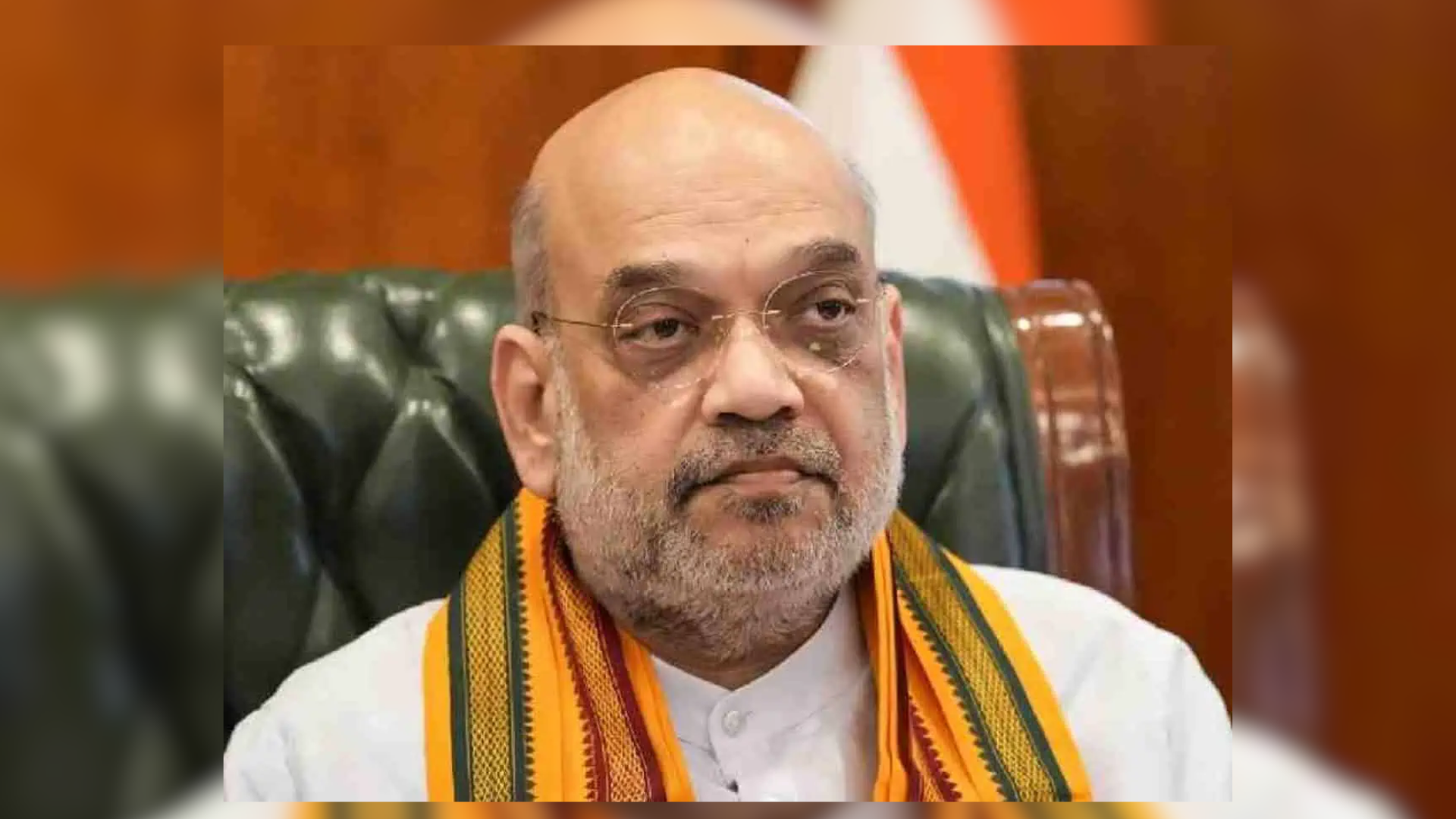
Union Home Minister Amit Shah emphasized on Tuesday that the Uniform Civil Code (UCC) represents a significant social reform and stands as a fundamental requirement of democracy.
Addressing to the media Shah stated, “The Uniform Civil Code is a significant social reform. This embodies a fundamental principle of democracy. Laws should not be based on religious lines but should prioritize the welfare of the public and be adapted to contemporary circumstances.”
He pointed out that the Constituent Assembly had proposed the implementation of the Uniform Civil Code under the Directive Principles of State Policy, stressing that the demand for it has been consistent since the inception of the party.
Shah further indicated that post the Lok Sabha polls, both state and central governments would contemplate nationwide implementation of the UCC. He highlighted that Uttarakhand has already initiated the process, emphasizing the need for social, judicial, and constitutional scrutiny.
The Uniform Civil Code aims to establish uniform laws for all citizens, irrespective of their religious or communal affiliations. Recently, the Uttarakhand assembly approved its adoption.
Underlining the achievements of the BJP-led government over the past decade, Shah emphasized that decisions taken have always been in the public’s interest rather than for public approval. He cited measures such as ‘One Rank, One Pension’, demonetization, GST implementation, and initiatives like ‘Digital India’.
Shah also mentioned actions taken to empower women, eliminate nepotism, and uphold national security, highlighting the government’s commitment to public welfare over electoral politics.

